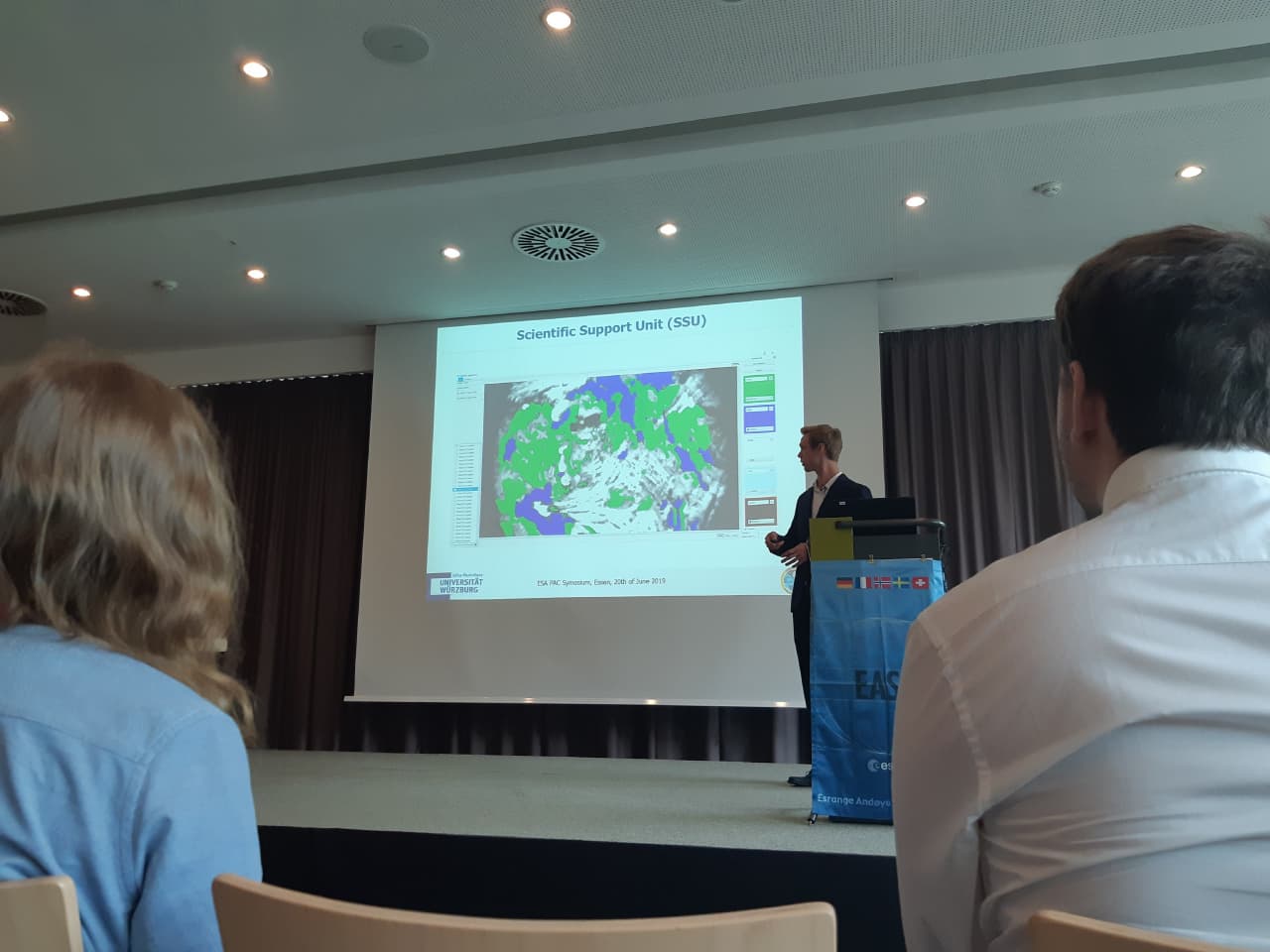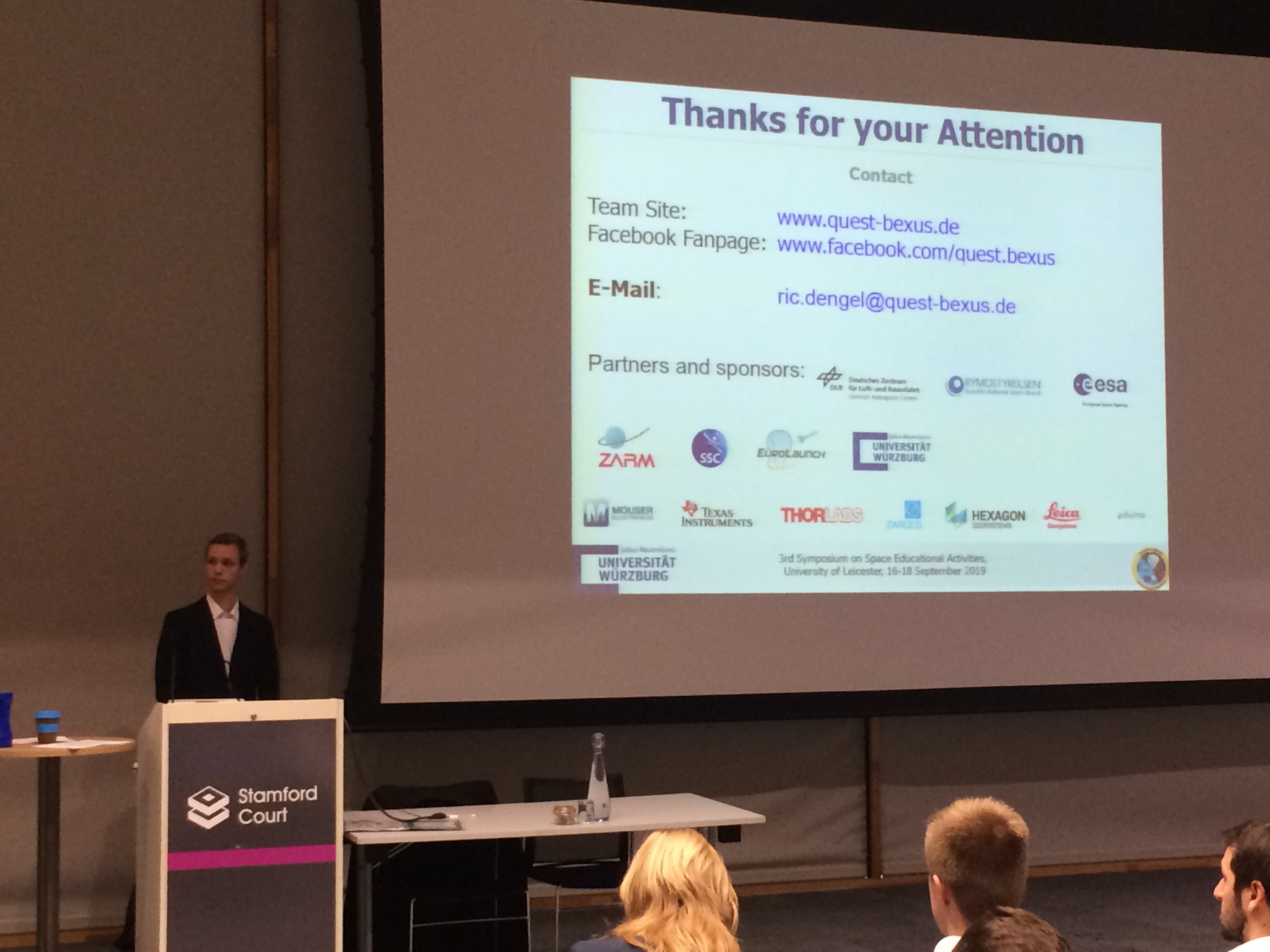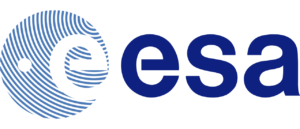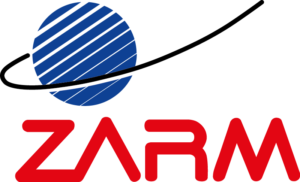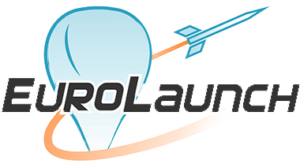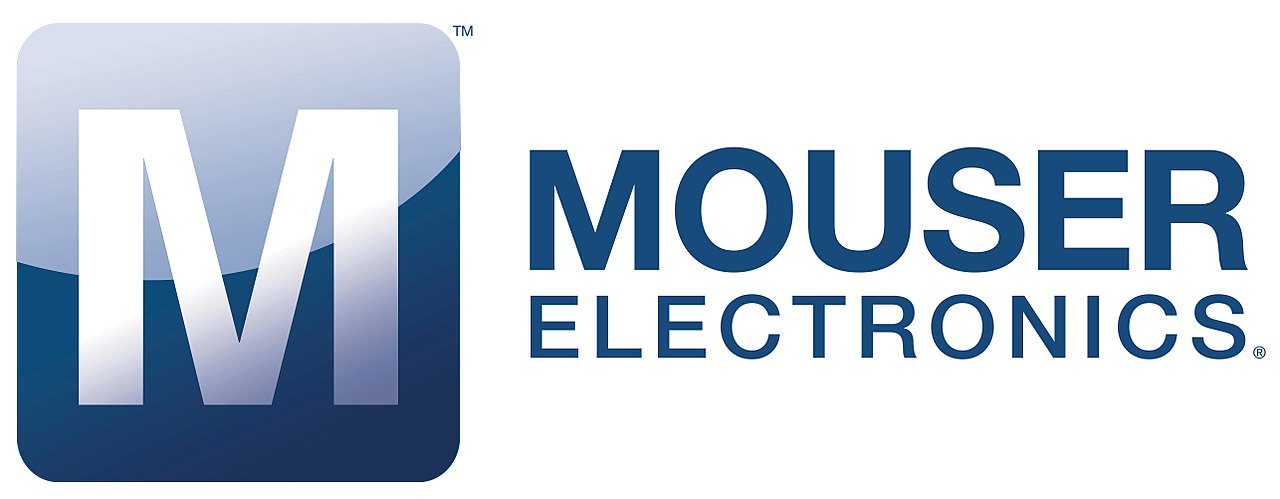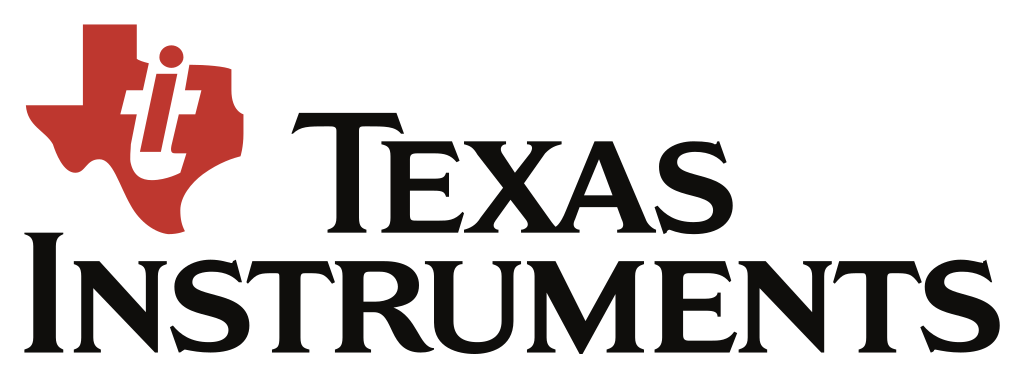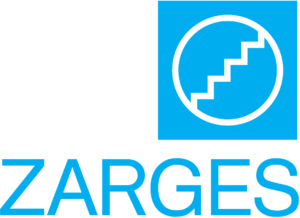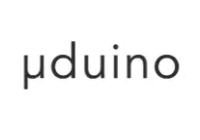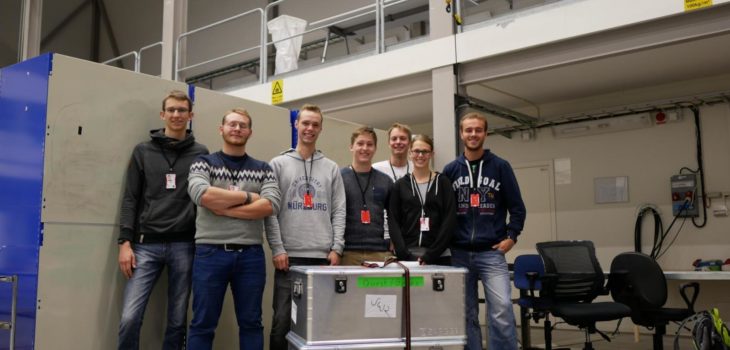QUEST completed.
04 Apr 2020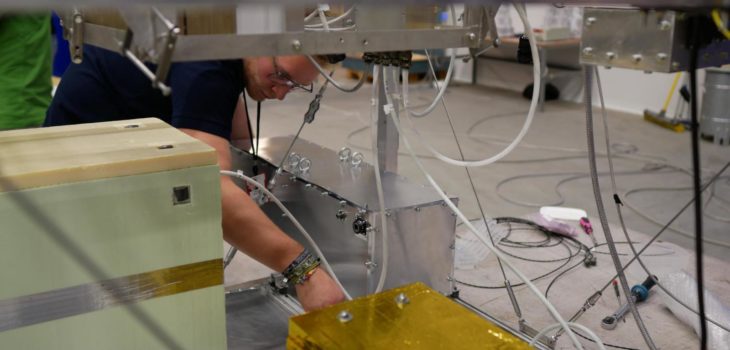
QUEST is an experiment by students from University of Würzburg. It started with the question, how we could analyze what data should be transmitted to the ground station in missions with small bandwidth. This is a common problem especially when high-resolution images of planet surfaces need to be transferred.
We have constructed an autonomous system, which classifies ground images and marks important areas for transmission. To test the system it is flown on a high-altitude balloon in the REXUS/BEXUS program from DLR/SNSB and ESA.
During a nearly two years long development period, we could build a modular system with the ability to exchange the sensors and collect processes and transfer the data. We were guided by experts from DLR and ESA during multiple reviews all over Europe.
In the end, we stand in front of our own piece of technology ready to be launched in Esrange Space Center. As expected it was a very successful launch and we collected more than enough data to present the results on conferences.
We like to thank our sponsors and partners who made this experiment possible.
After this exciting journey, most of us finished our studies and started new projects. Some of us joined the WüSpace e.V. in its foundation phase to form a new basis for exciting space-related projects in Würzburg. For now, we build a ground station system, a rocket tracker, and a new descent mechanism.
Head over to the webpage and become a member of this ambitious student organization.
